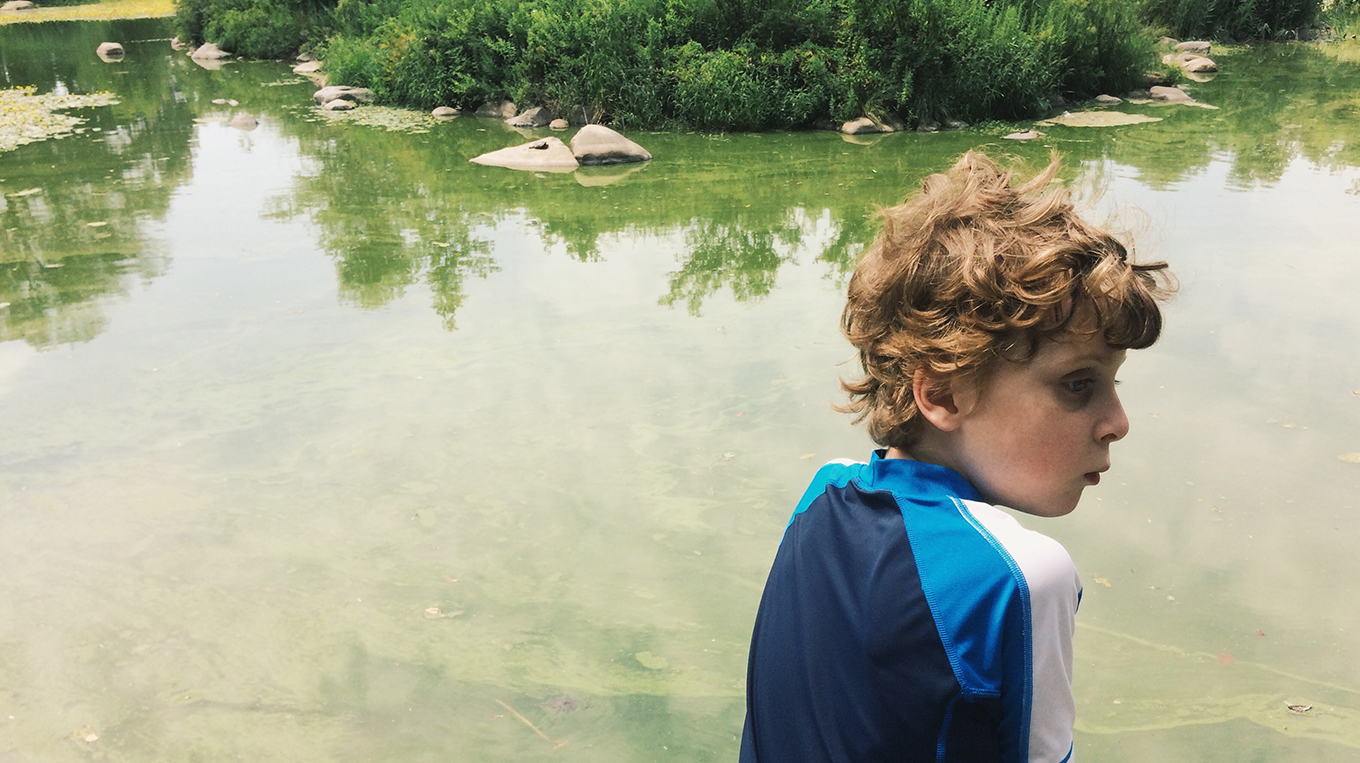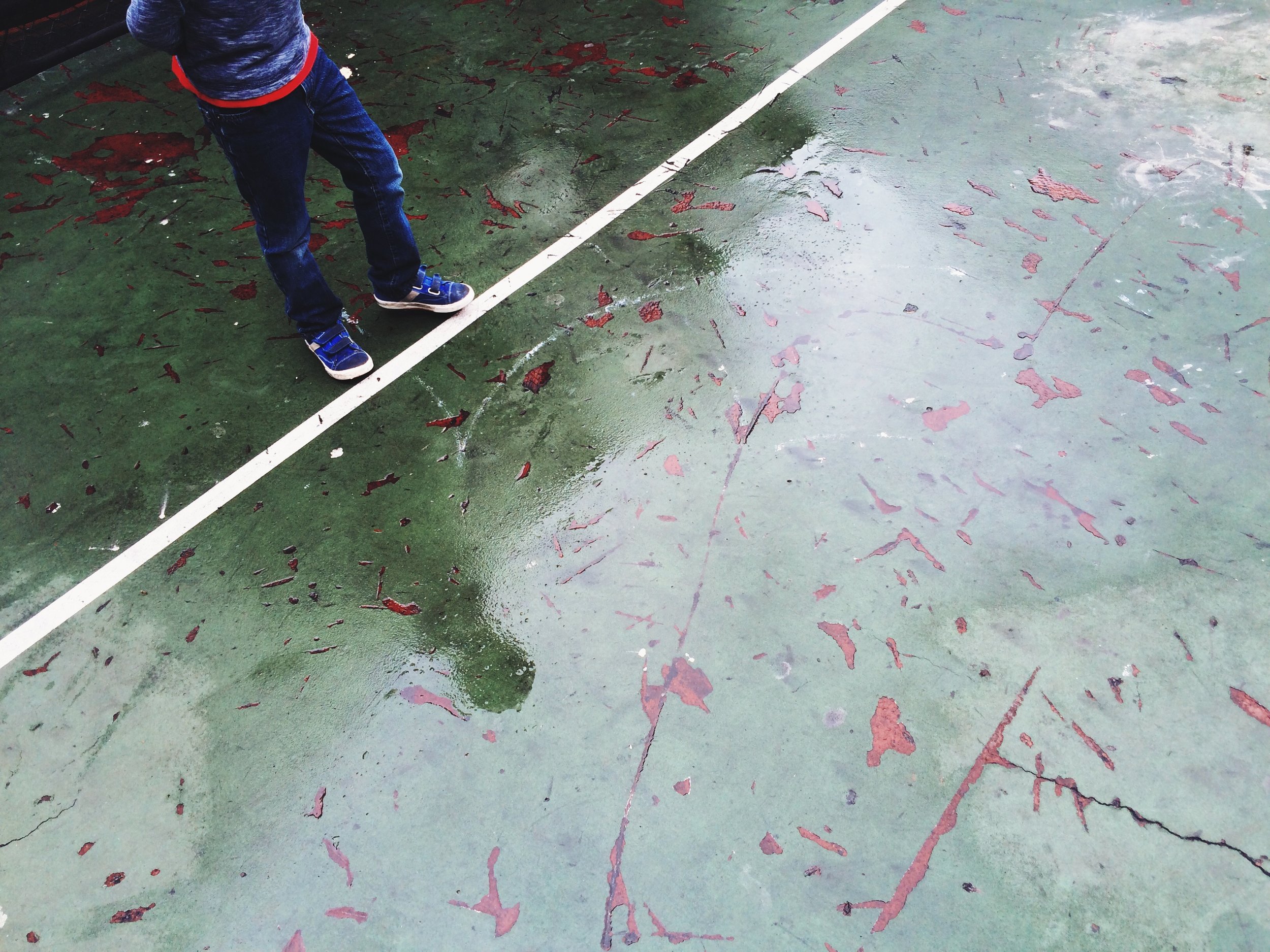Here are some things I’ve read this past month that I found helpful, informative, or inspiring. If you like this and find it helpful, please share with others. Thanks!

Opinions and insights
#AutismAcceptance: Finding Freedom in Autistic Parenting "In learning to understand and accept the many differences that come with being an Autistic person and knowing what it was like trying to force myself into a mold I couldn’t possibly fit, I was able to be a better Mom." Read more
Feeling judged as a parent? "Canadian parenting expert Ann Douglas spoke with BLOOM about her new book Parenting Through the Storm—a collection of strategies for raising children with mental health, behaviour or learning challenges, and maintaining your own health and happiness in the process." Read more
Should You Worry about Video Game Addiction in a Child with Autism? "Children with autism are drawn to video games for their stunning visuals, predictable play expectations, user-controlled pace of the game, and opportunity to avoid social judgment." Read more
Running Around Outside Can Help Improve Executive Functions "Active play, defined as play that has physical movement as a core component, includes organized sports, a walk in the woods, playing tag, or body surfing in the ocean, and can improve skills like organization, planning and focus." Read more
What should define autism: deficits or abilities? A new approach to thinking about the diagnosis. Read more
Listening to parents can help docs see early autism signs "Children with autism are typically diagnosed at about age 4, when social deficits and other symptoms set them apart from their classmates. But some children show subtle signs of the disorder as early as 6 months of age. Recognizing these signs is important: Mounting evidence suggests that early intervention can improve social and communication skills in children with autism." Read more
Learn Why There is No Real Autism Epidemic More debunking of the myth of an "autism epidemic," with statistics. Read more
News
Feds Rethink Stance On Speech Devices "Speech may soon be federally recognized as more than just what happens in a face-to-face conversation after thousands of people with disabilities and their advocates said that communications by phone, text and email are also important." Read more
French country home designed and built for patients with autism. Read more
Chair that Blue Valley students helped create for kids with autism may be headed to market Read more
Adults with autism are at risk for host of health problems "Adults with autism are at an increased risk for diabetes, depression and a number of other health problems, according to a large survey of electronic health records published 24 April in Autism." Read more
UBC students develop wearable device that monitors anxiety in autistic children Very interested in this: "A wearable device developed by students at the University of British Columbia shows promise in preventing meltdowns in children with autism." Read more
Science
Questions for Eric London: Alternative diagnoses for autism There is so much in this article I like and agree with. Summarizing: "Listing detailed symptoms rather than assigning a single diagnostic label may be a better way to understand neurodevelopmental disorders." Read more
Questions for Miller, Kaplan: New neurons' role in autism "Protein production is known to go awry in some forms of autism, and researchers are beginning to home in on the molecular players involved." Read more
For adults with autism, few good choices for treatments "Only one type of intervention improves the quality of life of adults on the spectrum and helps them establish social relationships, concludes a sobering report released earlier this month by the National Autism Center, a Massachusetts-based nonprofit organization." Read more
Better behavioral tests may save trials of autism treatments "The sooner we merge the best of what biology and behavior can offer, the sooner we will achieve our ultimate goal of safe, effective treatments for the full spectrum of autism symptoms." Read more
Rare regressive disorder is not autism, new findings suggest Read more
 After giving it a lot of thought, I've decided to stop publishing the monthly "What I've been reading" feature here on the blog. Instead, I'll be posting articles of interest — the same stuff, including insights, opinions, science and news — on Facebook and Twitter.
After giving it a lot of thought, I've decided to stop publishing the monthly "What I've been reading" feature here on the blog. Instead, I'll be posting articles of interest — the same stuff, including insights, opinions, science and news — on Facebook and Twitter.

